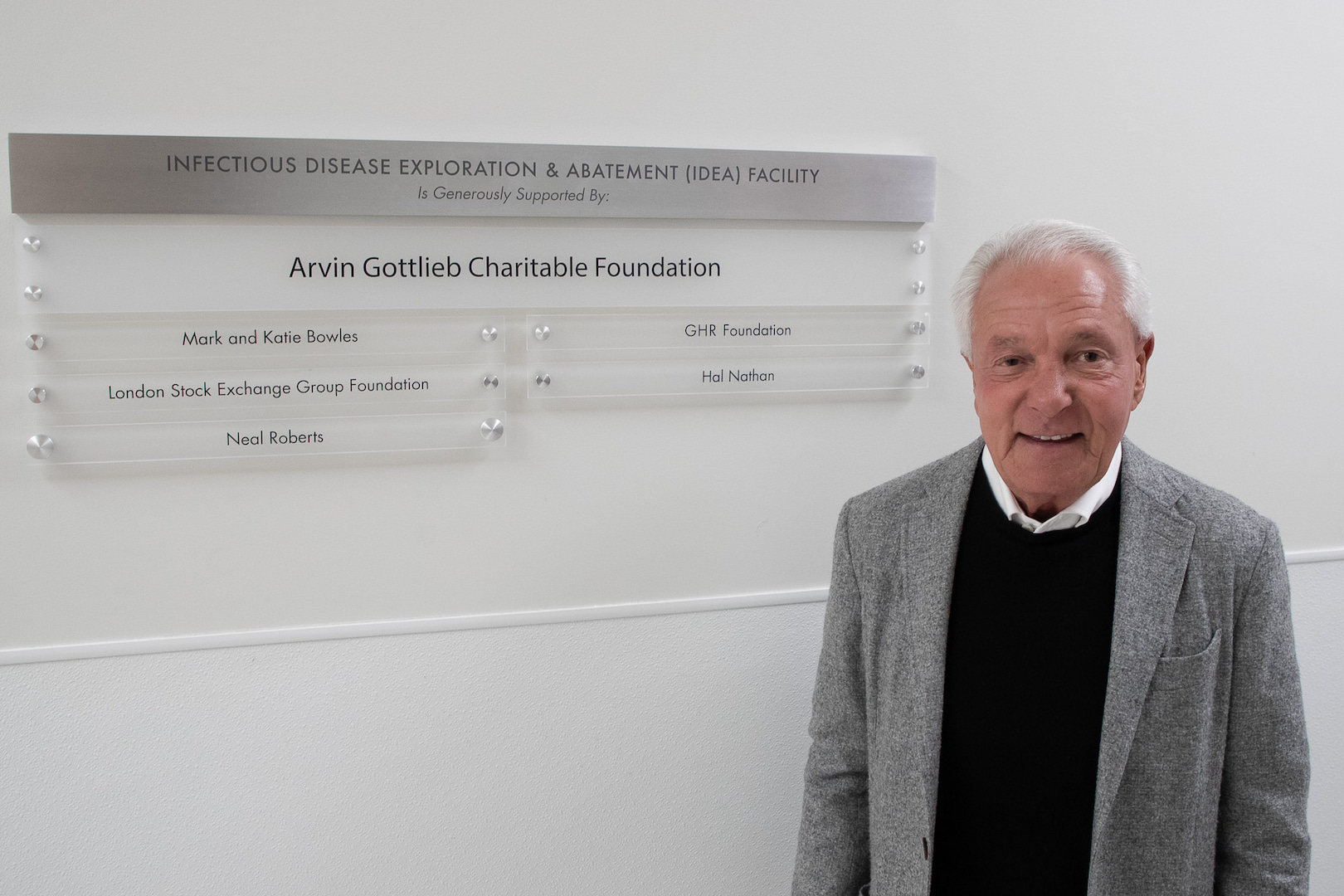SAN DIEGO – January 8, 2015 The American Diabetes Association (ADA) has awarded La Jolla Institute (LJI) researcher Stephanie Stanford, Ph.D., a $1.6 million grant to investigate the genetic and environmental factors that trigger the onset of type 1 diabetes.
The “Initiator Award” given to Dr. Stanford is just one of two such ADA awards given nationally each year to young scientists at the beginning of their research careers. The award, part of the ADA’s Pathway to Stop Diabetes initiative, provides financial support to enable the scientists to establish independent careers, hire staff, and focus on conducting their innovative research.
“I’m truly honored and thrilled to receive such a prestigious award,” Dr. Stanford said. “It’s a recognition by the ADA of the amazing research conducted at La Jolla Institute and the importance of investigating the potential causes of type 1 diabetes. For me personally, this award will enable me to continue my dream of someday finding a way to prevent this terrible disease, especially among children.”
The ADA singled out Dr. Stanford based on the promising type 1 diabetes research she has been conducting under the guidance of LJI faculty member Nunzio Bottini, M.D., Ph.D., an internationally renowned researcher based in LJI’s Division of Cellular Biology and the Type 1 Diabetes Research Center.
Type 1 diabetes is an autoimmune disease in which a person’s pancreas stops producing insulin, a hormone that enables people to obtain energy from food. It occurs when the body’s immune system attacks and destroys the insulin-producing cells in the pancreas, called beta cells. Unlike type 2 diabetes, type 1 diabetes onset is not triggered by diet or lifestyle. At present, there is no known prevention or cure for type 1 diabetes. Approximately three million Americans have type 1 diabetes, and each year approximately 30,000 children and 30,000 adults are diagnosed with the disease.
Dr. Stanford’s research focuses on why a mutation in the PTPN22 gene—found in six to 10 percent of the U.S. population—significantly increases the risk of type 1 diabetes. The gene normally provides the body with a strong immune response to viral infections.
“We believe that when the PTPN22 gene is mutated, it impairs the body’s immune response to viral infections, especially a specific enterovirus that is known to trigger type 1 diabetes by leaving the body vulnerable to an attack on the pancreas,” Dr. Stanford said. “We also believe that certain environmental factors, including exposure to pathogens early in life, contribute to increased risk of type 1 diabetes.”
Stanford’s goal is to determine the mechanism by which genetic and environmental factors combine to trigger type 1 diabetes in people and then devise strategies to counter that vulnerability. Variation or mutations in several genes contribute to diabetes risk, but PTPN22 is among the top two contributing genes.
“We’re optimistic that once we understand why the immune system is suppressed, we will be able to devise ways to prevent people who carry the mutated gene from developing type 1 diabetes,” Dr. Stanford said. “This could be in the form of personalized measures to counter viral infections once they afflict the body, or could be in the form of a vaccine for that type of infection in the first place.”
Dr. Bottini said Dr. Stanford is an outstanding choice for the Initiator Award.
“All of Dr. Stanford’s colleagues at La Jolla Institute are excited about the ADA award because she is such a deserving recipient,” Dr. Bottini said. “Having worked closely with her for several years, I’ve seen Dr. Stanford develop into one of the outstanding young immunology researchers in the nation. With her talent and passion for science, I’m confident Dr. Stanford will use the ADA support to make some significant advances in the effort to discover the causes of type 1 diabetes and potential strategies to prevent the disease.”
ABOUT LA JOLLA INSTITUTE
Founded in 1988, the La Jolla Institute for Immunology is a biomedical research nonprofit focused on improving human health through increased understanding of the immune system. Its scientists carry out research seeking new knowledge leading to the prevention of disease through vaccines and the treatment and cure of infectious diseases, cancer, inflammatory and autoimmune diseases such as rheumatoid arthritis, type 1 (juvenile) diabetes, Crohn’s disease and asthma. La Jolla Institute’s research staff includes more than 150 Ph.D.s and M.D.s. To learn more about the Institute’s work, visit www.liai.org.


